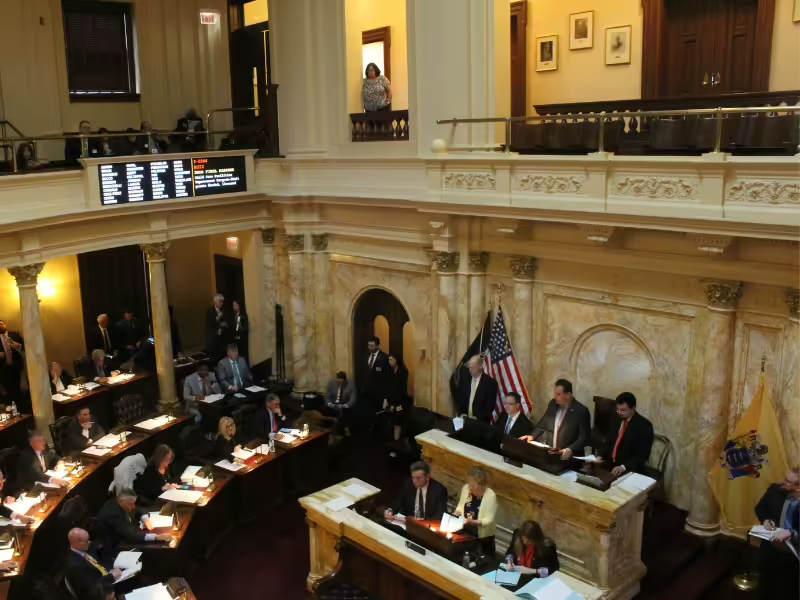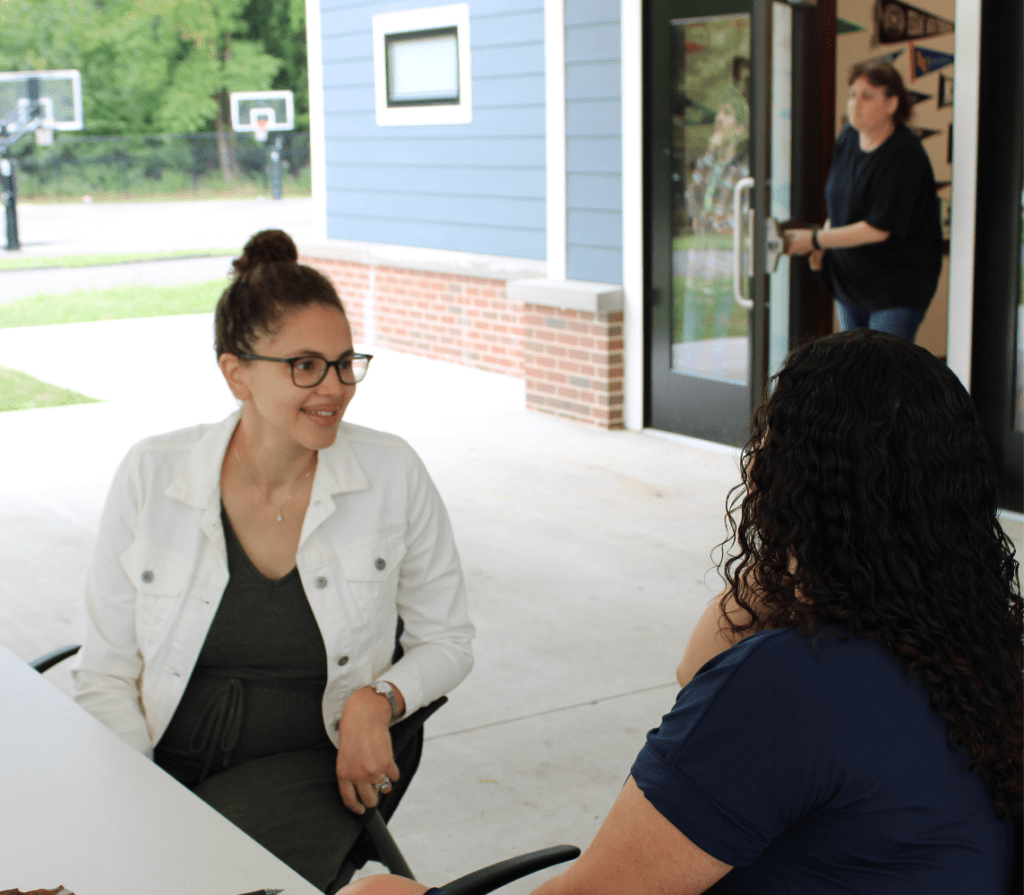We have worked closely with the U.S. Department of Housing and Urban Development (HUD) as they develop revised guidance and processes that will change how billions of federal disaster relief dollars are allocated. In particular we are advocating for a more robust civil rights framework in HUD’s administrative practices, including expanding the requirements for resident input, incorporating funding allocations for renters and owners, establishing guidelines on housing versus infrastructure investments, providing the public with real-time data on program implementation, and developing a more representative methodology for determining need.


Our work on data transparency supports our larger aim to reimagine current programs and investment priorities in disaster preparedness and recovery. We have successfully advocated for the public release of comprehensive demographic data on disaster impacts and recovery efforts from FEMA, enabling accountability on civil rights tracking of how federal disaster and climate money is spent as well as analysis on repetitive impacts on the same neighborhoods—helping us and communities throughout the country advocate for resiliency funding and mitigation investments.
Our work would not be possible without strong partnerships with climate justice organizations on the ground that are committed to ensuring that policy changes nationally are both informed by lived experience and also implemented as intended. In New Jersey, we work with grassroots partners including the NJ Thrives coalition to advocate for equitable rebuilding processes from major storms like Hurricane Ida and ensure that recovery dollars are spent where they are needed most. We also collaborate closely with organizations in Puerto Rico and across the country to support transparency of federal disaster data and equitable recovery and mitigation processes.

Your support makes home possible for people and families in every corner of New Jersey.
DONATE NOW to make a difference.

Fair Share Housing Center is a nonprofit advocacy organization that uses legal, policy, and community-building strategies to fight for housing justice in New Jersey and beyond.
